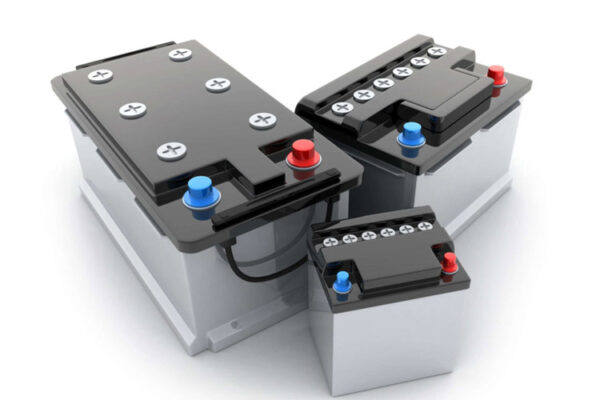
In a world increasingly reliant on portable electronics, electric vehicles (EVs), and renewable energy, lithium batteries have emerged as a game-changing innovation. These compact, high-energy-density power sources have transformed the way we use and store energy, offering improved efficiency, longer lifespan, and greater environmental benefits compared to traditional battery technologies. In this blog, we’ll explore the fundamentals of lithium batteries, their advantages, applications, and the future potential they hold.
What Are Lithium Batteries?
Lithium batteries are rechargeable power sources that use lithium ions as the primary component of their electrochemical process. Unlike conventional lead-acid or nickel-cadmium batteries, lithium batteries boast a high energy-to-weight ratio, making them lightweight and efficient. Their operation relies on the movement of lithium ions between the positive (cathode) and negative (anode) electrodes, allowing them to charge and discharge repeatedly without significant degradation.
Advantages of Lithium Batteries
The widespread adoption of lithium batteries can be attributed to several key benefits:
- High Energy Density – Lithium batteries provide significantly more energy storage per unit of weight and volume, making them ideal for portable applications like smartphones, laptops, and EVs.
- Longer Lifespan – With a higher number of charge-discharge cycles, lithium batteries last longer than traditional alternatives, reducing the need for frequent replacements.
- Faster Charging – Compared to lead-acid and nickel-based batteries, lithium batteries charge more quickly, increasing convenience and efficiency.
- Lightweight and Compact – Their reduced weight and compact size make them perfect for applications where portability is essential.
- Low Self-Discharge Rate – Lithium batteries lose their charge much more slowly when not in use, ensuring a reliable power source over time.
- Eco-Friendliness – They produce fewer pollutants and can be recycled more effectively than traditional battery types, reducing their environmental impact.
Applications of Lithium Batteries
The versatility of lithium batteries has led to their widespread use across various industries, including:
- Consumer Electronics – Nearly every modern smartphone, laptop, tablet, and wearable device is powered by lithium batteries, ensuring long-lasting performance and portability.
- Electric Vehicles (EVs) – The automotive industry is rapidly shifting toward electric mobility, and lithium-ion batteries are at the core of this transformation, providing efficient energy storage for EVs and hybrid vehicles.
- Renewable Energy Storage – Solar and wind energy systems require efficient battery storage solutions, and lithium batteries are a preferred choice for storing excess power generated from renewable sources.
- Medical Devices – From pacemakers to hearing aids, lithium batteries play a crucial role in the healthcare industry by offering reliable, long-lasting power sources.
- Aerospace and Defense – Lithium batteries are used in satellites, drones, and military equipment due to their high energy efficiency and durability.
The Future of Lithium Battery Technology
As technology advances, researchers continue to develop new ways to enhance lithium battery performance, safety, and sustainability. Some promising innovations include:
- Solid-State Lithium Batteries – Unlike conventional liquid-based lithium-ion batteries, solid-state versions offer greater energy density, improved safety, and longer life expectancy.
- Faster Charging Technologies – Companies are developing ultra-fast charging solutions that can recharge lithium batteries in minutes instead of hours.
- Improved Recycling Processes – Efforts are being made to create more efficient battery recycling systems to reduce environmental impact and conserve resources.
- Alternative Materials – Scientists are exploring new cathode and anode materials, such as lithium-sulfur and lithium-air, to increase battery capacity and longevity.
Conclusion
Lithium batteries have revolutionized energy storage, powering everything from everyday gadgets to electric vehicles and renewable energy grids. Their high efficiency, lightweight design, and long lifespan make them an indispensable part of modern technology. As advancements in battery research continue, we can expect even more powerful, sustainable, and cost-effective lithium-based energy solutions in the future. Whether for personal use or industrial applications, lithium batteries are shaping the future of power as we know it.